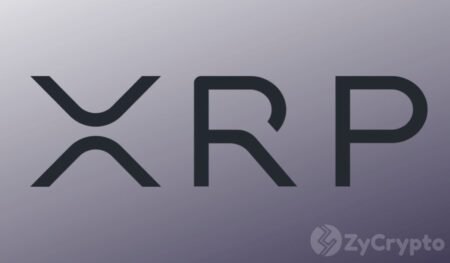The SEC vs. Ripple case may soon see a resolution under the incoming Trump administration, following the nomination of cryptocurrency advocate Paul Atkins as the next SEC chair. The SEC has accused Ripple of violating securities laws through the issuance of XRP, with the agency appealing the ruling. There is speculation on the potential outcome of the case under the new leadership.
Experts in the U.S. crypto market emphasize the need for clear and consistent laws rather than conflicting court rulings. The ongoing Ripple case highlights the challenges of regulating the crypto industry in the country. The transition at the SEC and the nomination of Atkins as chair bring further uncertainty to the situation, making it a critical time for the crypto community.
With increasing focus on crypto regulation, discussions around digital assets have become more prominent. MicroStrategy’s Michael Saylor highlighted the importance of a comprehensive digital assets framework that delineates different categories within the industry, such as digital currencies, NFTs, and tokenized assets. Clarity from regulators in this regard is seen as key to fostering growth within the digital assets market.
Saylor expressed optimism about the future regulatory landscape, believing that the current administration is supportive of crypto, particularly Bitcoin. He predicted a pro-digital assets stance from various governmental bodies, including the SEC, Treasury, White House, and Congress. However, some observers noted Saylor’s evasion of a direct question on the XRP and Ripple community, indicating potential complexities in the regulatory environment.
Overall, the SEC vs. Ripple case, alongside the changing leadership at the SEC and the evolving regulatory landscape, underscores the uncertainties facing the U.S. crypto market. Clarity and consistency in regulations are crucial for the industry’s growth and development. The outcome of the Ripple case under the new administration will likely have far-reaching implications for the crypto community and the broader digital assets market in the United States.



















